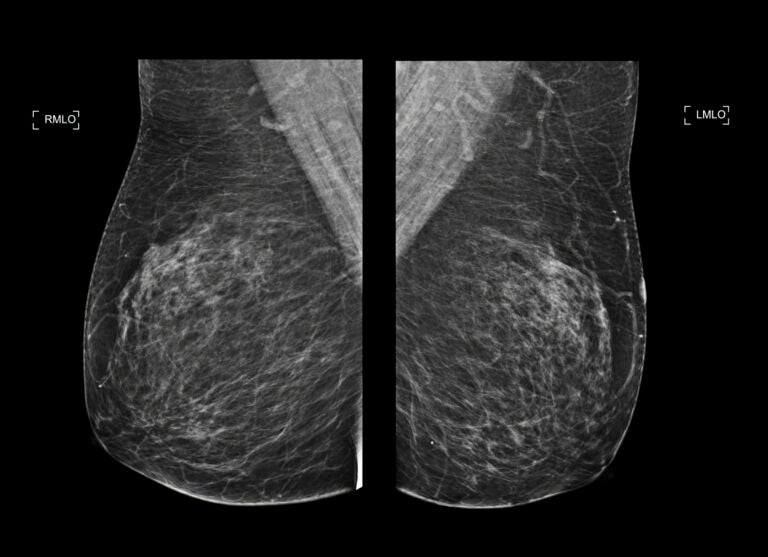
New guidelines released in August 2023 by the American Heart Association and the American College of Cardiology aim to enhance the early diagnosis and management of high blood pressure, a condition affecting nearly half of all Americans. High blood pressure, often referred to as a “silent killer,” significantly contributes to serious health issues such as heart disease, stroke, and dementia. Despite its prevalence, only 25% of individuals in the United States have their condition under control.
Updated Diagnostic Criteria
The newly introduced guidelines revise the previous definitions and classifications of blood pressure readings. The previous category of “prehypertension” has been eliminated, and stricter criteria have been established for diagnosing hypertension. Under the new guidelines, a systolic blood pressure reading of 120–129 mm Hg and a diastolic reading of less than 80 mm Hg are now classified as “elevated.” Stage one hypertension starts at 130/80 mm Hg, while stage two is defined as 140/90 mm Hg. A hypertensive emergency is classified as a reading of 180/120 mm Hg or higher.
These adjustments mean that more individuals may be identified as needing treatment sooner, potentially mitigating the serious health consequences associated with high blood pressure. The revised criteria are based on a comprehensive review of scientific findings collected over the past decade.
Emphasis on Lifestyle Changes
Alongside diagnostic changes, the guidelines highlight the importance of lifestyle modifications in managing blood pressure. Recommendations include reducing sodium intake to less than 2,000 mg per day, quitting smoking, and adhering to the DASH diet. This diet emphasizes the consumption of fruits, vegetables, whole grains, and lean proteins, aiming to improve overall cardiovascular health.
The implementation of these guidelines is expected to facilitate early intervention for many Americans, potentially leading to better health outcomes. As the prevalence of high blood pressure remains a significant public health concern, the updated recommendations from the American Heart Association and American College of Cardiology will play a crucial role in guiding healthcare providers and patients alike.






